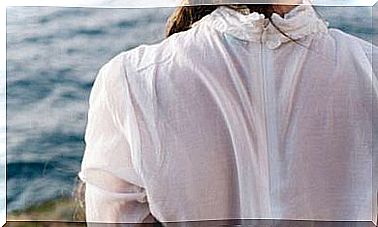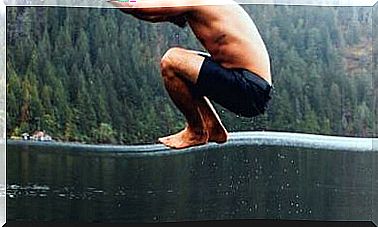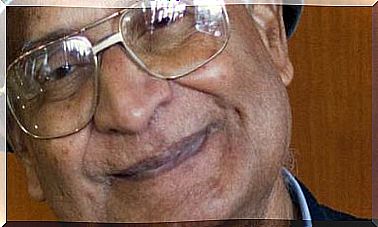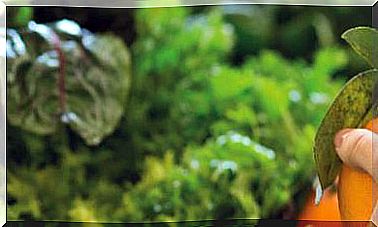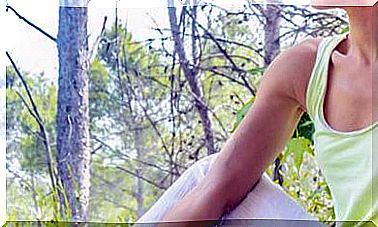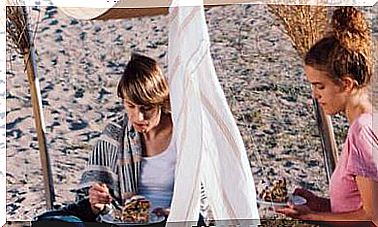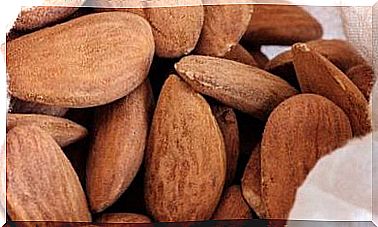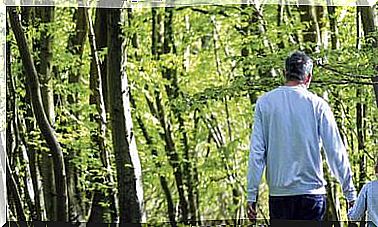9 Tips To Achieve More By Doing Less
Bringing the Wu Wei method of no action into your everyday life: it involves stopping reacting as you go, letting the balance reestablish itself.

1. Let your emotions cool.
Hasty actions that are taken hot then have a great cost in personal relationships and in the form of time.
Therefore, a Chinese proverb advises: “Never write a letter when you are angry” since emotions pass, but the words and actions that come out of us remain in the memory of others.
2. Understand the value of no action.
Failure to act in times of crisis does not mean passivity or conformity. It is accepting that this is not the right time to fix things.
Like the Taoist sages, by not doing we allow the rest of the world to reposition itself naturally, so many times the problem is
solved without our intervention.
3. Apply the motto “The opposite is the right thing to do.”
When the nerves are on the surface, to compensate for the imbalance, do the opposite of “what the body asks of you”. For example, if your impulse is to confront someone you think has disrespected you, dismiss them with a few kind words or even say nothing.
If it is impossible for you to do nothing, at least make sure that you take an action and not a reaction.
4. Practice creative Wu Wei.
In the age of multitasking and dispersion, flowing with just one thing, without doing anything else, connects us to the Tao that has no time or space. You can experience it by limiting yourself to walking through nature, or walking around your city, without any other purpose than to move, or also playing an instrument, or reading a book without paying attention to anything else.
There are very creative ways of doing nothing, since resting the mind creates a vacuum that allows new ideas to be generated.
5. Treat yourself to moments of decompression.
The art of doing nothing is very productive in areas beyond conflict. When we have endured high levels of pressure and activity, a total rest prepares us for the next challenge.
As cats do before mobilizing all their forces, the more complete the rest, the better our efficiency when it comes to moving.
6. Avoid predictions.
One reason we tend to act urgently is because we believe that this is how we can shape the future.
However, external events depend on many variables that we cannot control. Understanding that anything can happen, regardless of what we do, allows us to take refuge in non-action until our initiative is indispensable.
7. Identify your responsibility.
When you feel the urgent need to take action on the matter, ask yourself if the result you want to obtain is up to you. If you are dependent on other people, it is out of your sphere of influence.
However, most of the conflicts we experience can be defused by adjusting our vision. It doesn’t matter what happens; If you are not in the fight, the
war will not reach you.
8. Turn a deaf ear to negative influencers .
Just as Ulysses ordered his men to cover their ears with wax so as not to hear the song of the sirens that would make them shipwrecked, we must flee
from all those people who put weeds so that we act negatively.
9. Act instead of react.
In the third point of The 7 Habits of Highly Effective People , Stephen Covey advised: “Prioritize and achieve the most important goals, instead of constantly reacting to urgencies.”
When it is impossible for you to do nothing, at least make sure that you take an action and not a reaction. The latter means being in tow of the circumstances – for example: my boss has spoken badly to me, therefore now I will work worse -, while true action means creating initiatives that arise from your vital priorities.
